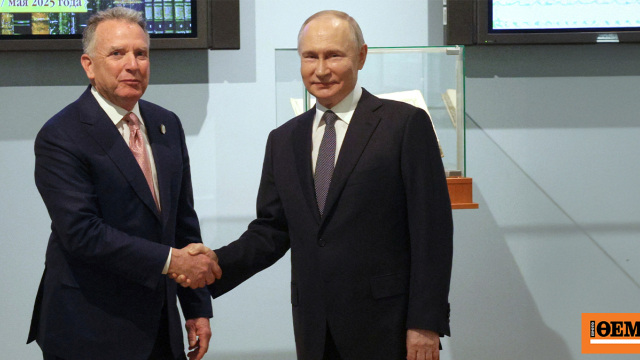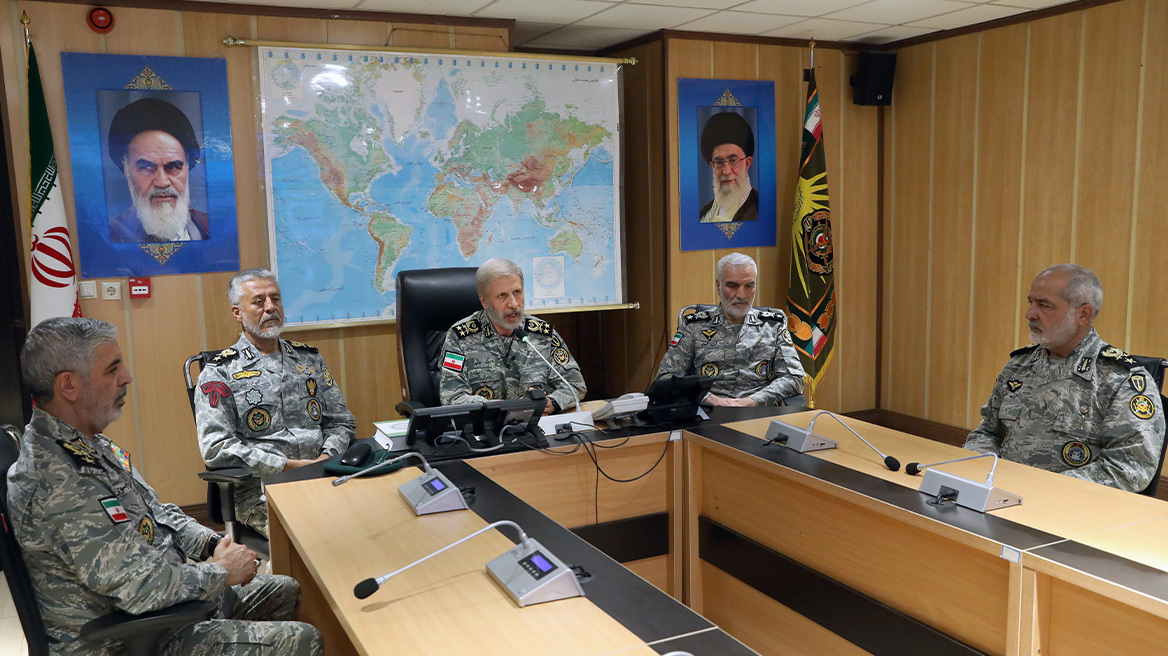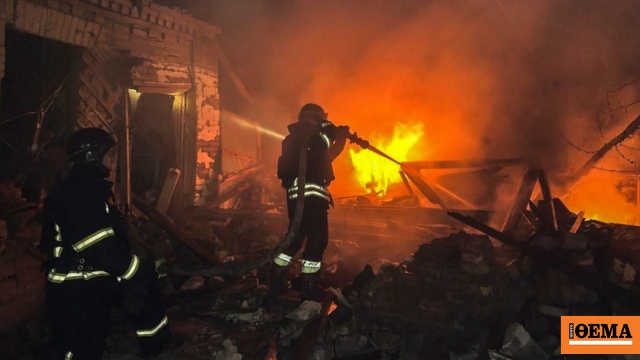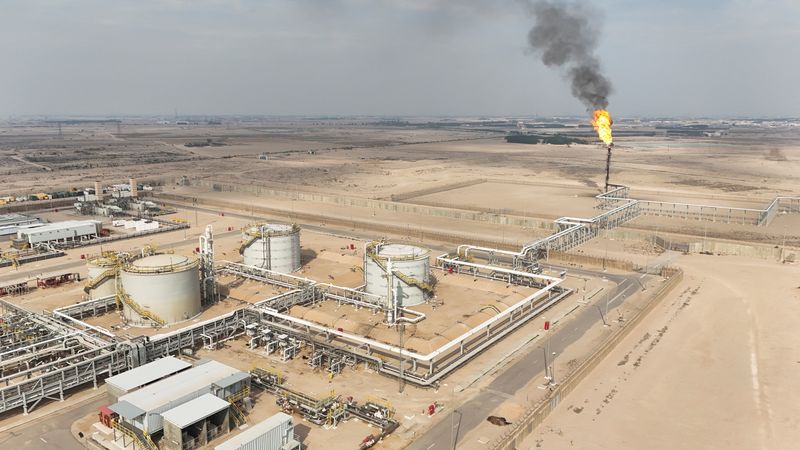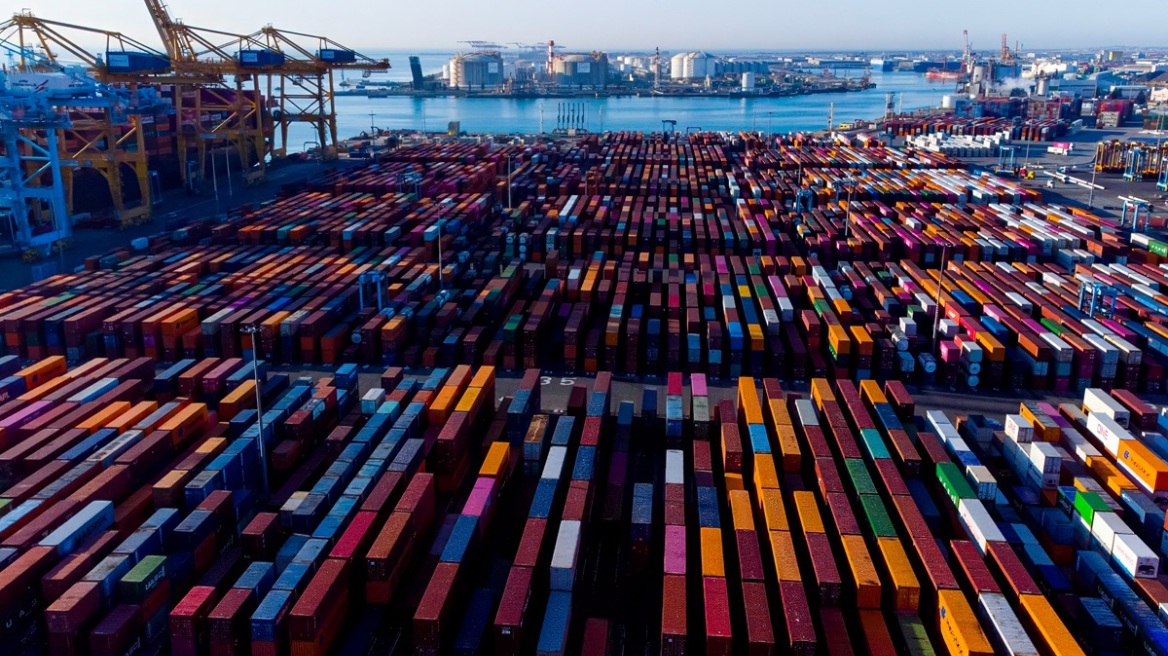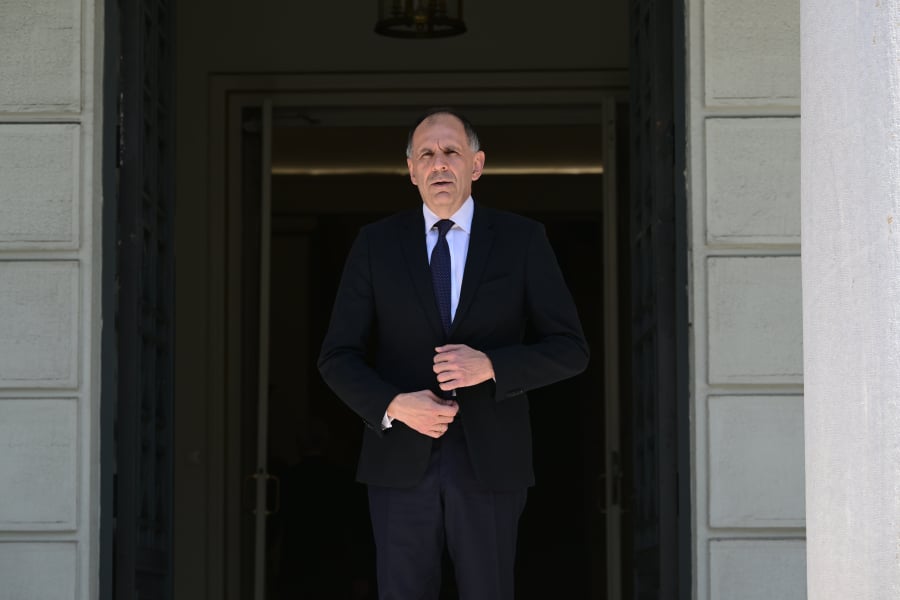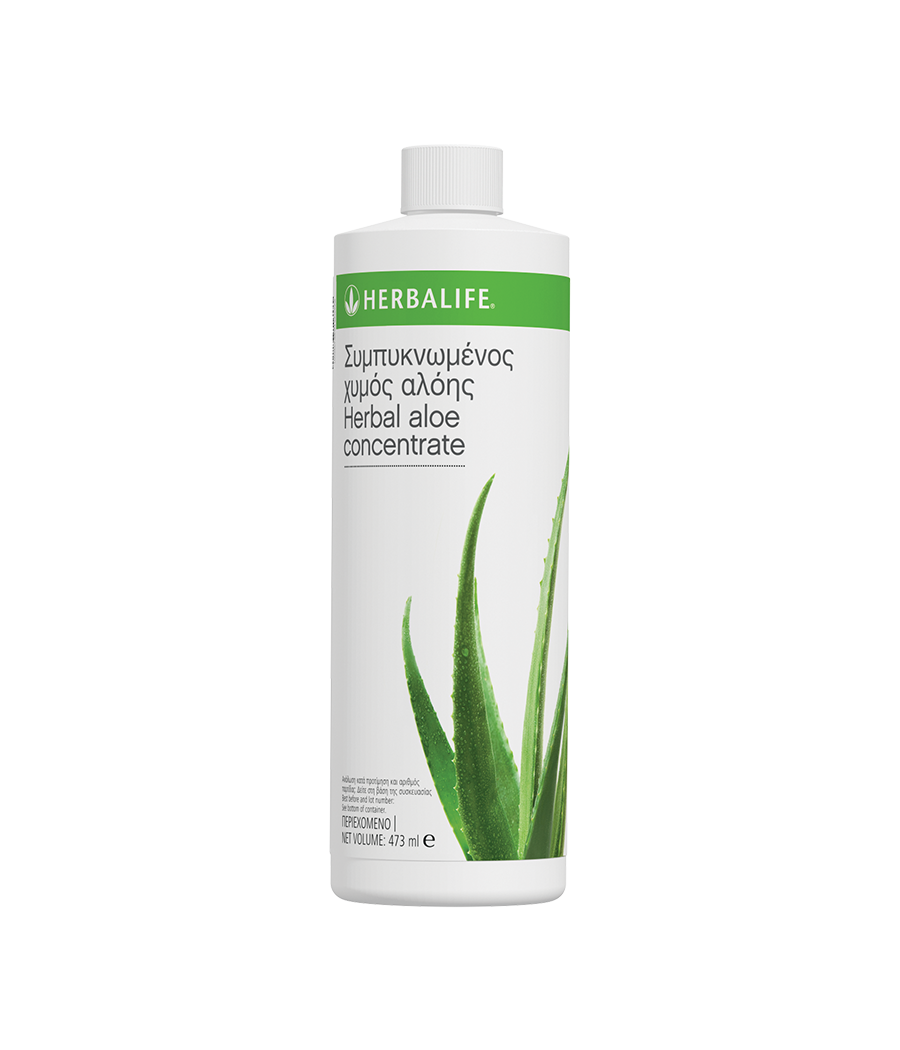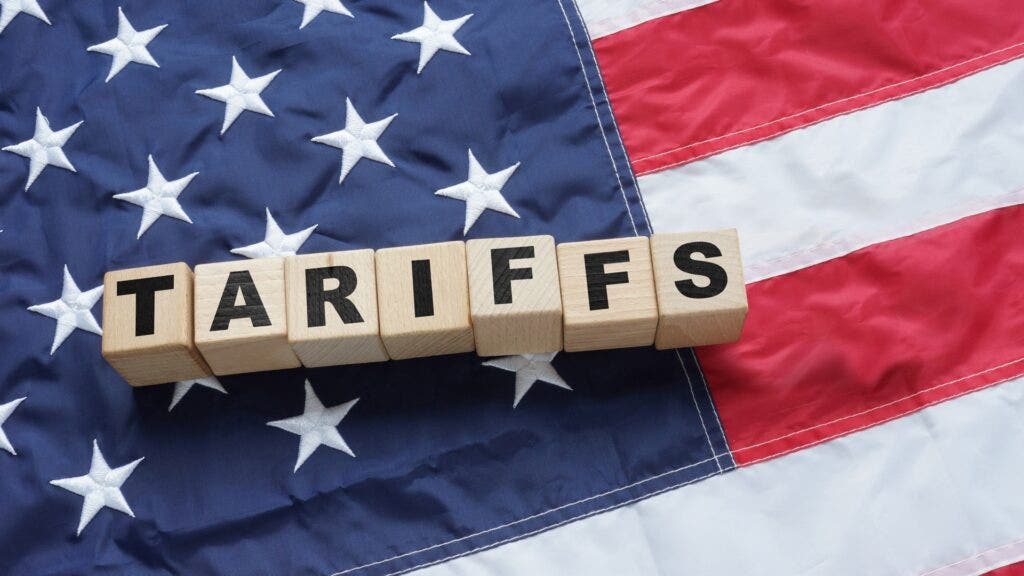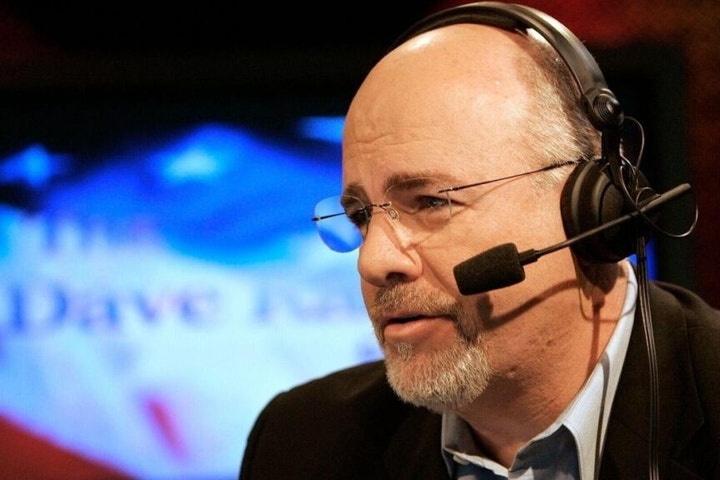Analysis-China's independent oil firms elbow into Iraq's majors-dominated market
"They are known for rapid project execution, strict adherence to timelines and a high tolerance for operating in areas with security challenges," he said. "Doing business with the Chinese is much easier and less complicated, compared to Western companies."
Smaller Chinese firms can develop an oilfield in Iraq in two to three years, faster than the five to 10 years for Western firms, Chinese executives said.
"Chinese independents have much lower management costs compared to Western firms and are also more competitive versus Chinese state-run players," said Dai Xiaoping, CEO of Geo-Jade Petroleum, which has five blocks in Iraq.
The independents have driven down the industry cost to drill a development well in a major Iraqi oilfield by about half from a decade ago to between $4 million and $5 million, Dai said.
TRADE-OFFS
A Geo-Jade-led consortium agreed in May to invest in the South Basra project, which includes ramping up the Tuba field in southern Iraq to 100,000 bpd and building a 200,000-bpd refinery. Geo-Jade, committing $848 million, plans to revive output at the largely mothballed field to 40,000 bpd by around mid-2027, Dai told Reuters.
The project also calls for a petrochemical complex and two power stations, requiring a multi-billion-dollar investment, said Dai, a reserve engineer who previously worked overseas with CNPC and Sinopec.
Zhenhua Oil, a small state-run firm that partnered with CNPC in a $3 billion deal to develop Ahdab oilfield in 2008, the first major foreign-invested project after Saddam Hussein was toppled in 2003, aims to double its production to 250,000 bpd by 2030, a company official said.
Zhongman Petroleum announced in June a plan to spend $481 million on the Middle Euphrates and East Baghdad North blocks won in 2024.
Chinese firms' cheaper projects can come at the expense of Iraq's goal to introduce more advanced technologies.
Muwafaq Abbas, former crude operations manager at Basra Oil, expressed concern about transparency and technical standards among Chinese firms, which he said have faced criticism for relying heavily on Chinese staff and relegating Iraqis to lower-paid roles.
To be sure, some Western firms are returning to Iraq: TotalEnergies announced a $27 billion project in 2023, and BP is expected to spend up to $25 billion to redevelop four Kirkuk fields in the semi-autonomous Kurdish region, Reuters reported.
(Reporting by Chen Aizhu in Singapore, Ahmed Rasheed in Baghdad, and Aref Mohammed in Basra; Editing by Tony Munroe and William Mallard)
Content Original Link:
" target="_blank">







